Take a look at this code, that's how I have implemented it (remember to #include <stdbool.h> or it will not work):
for(i = 0; i < string_length; i++)
{
if(sentence[i] == sentence[string_lenght-1-i])
palindrome = true;
else
{
palindrome = false;
break;
}
}
Doing that it will check if your sentence is palindrome and, at the first occurence this is not true it will break the for loop. You can use something like
if(palindrome)
printf(..);
else
printf(..);
for a simple prompt for the user.
Example :
radar is palindrome
abba is palindrome
abcabc is not palindrome
Please , pay attention to the fact that
Abba
is not recognized as a palindrome due to the fact that ' A ' and 'a' have different ASCII codes :
'A' has the value of 65
'a' has the value of 97
according to the ASCII table. You can find out more here.
You can avoid this issue trasforming all the characters of the string to lower case characters.
You can do this including the <ctype.h> library and calling the function int tolower(int c); like that :
for ( ; *p; ++p) *p = tolower(*p);
or
for(int i = 0; str[i]; i++){
str[i] = tolower(str[i]);
}
Code by Earlz, take a look at this Q&A to look deeper into that.
EDIT : I made a simple program to do this, see if it can help you
#include <stdio.h>
#include <string.h>
#include <stdbool.h>
#include <stdlib.h>
#include <ctype.h>
void LowerCharacters(char *word, int word_lenth);
int main(void){
char *word = (char *) malloc(10);
bool palindrome = false;
if(word == 0)
{
printf("\nERROR : Out of memory.\n\n");
return 1;
}
printf("\nEnter a word to check if it is palindrome or not : ");
scanf("%s", word);
int word_length = strlen(word);
LowerCharacters(word,word_length);
for(int i = 0; i < word_length; i++)
{
if(word[i] == word[word_length-1-i])
palindrome = true;
else
{
palindrome = false;
break;
}
}
palindrome ? printf("\nThe word %s is palindrome.\n\n", word) : printf("\nThe word %s is not palindrome.\n\n", word);
free(word);
return 0;
}
void LowerCharacters(char *word, int word_length){
for(int i = 0; i < word_length; i++)
word[i] = tolower(word[i]);
}
Input :
Enter a word to check if it is palindrome or not : RadaR
Output :
The word radar is palindrome.

